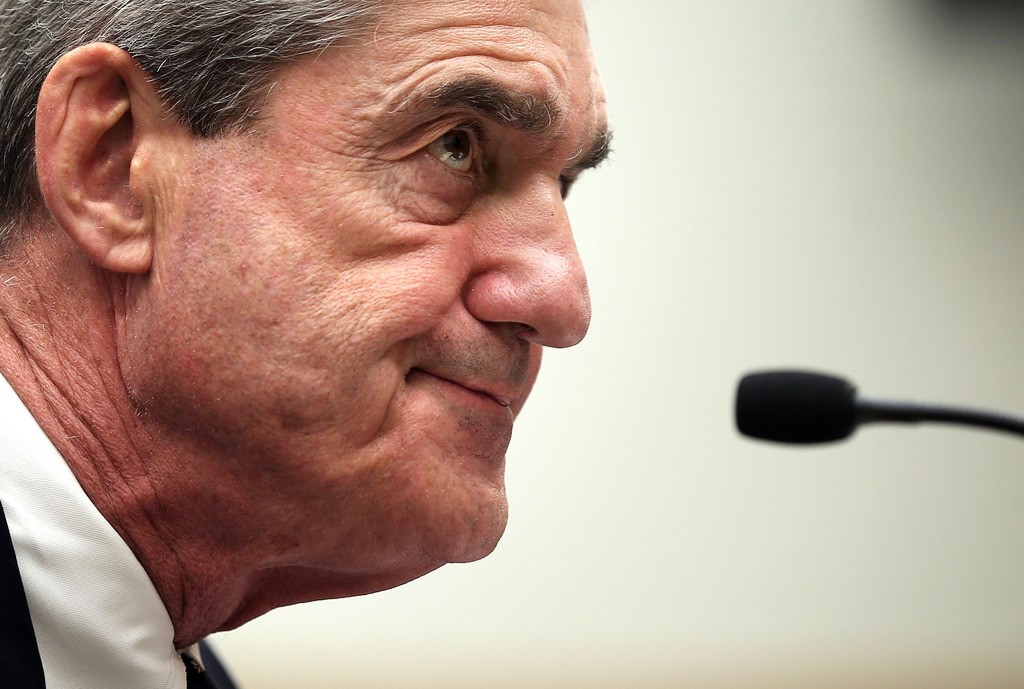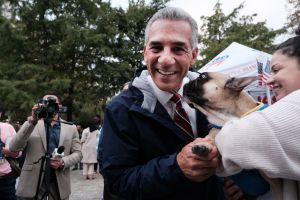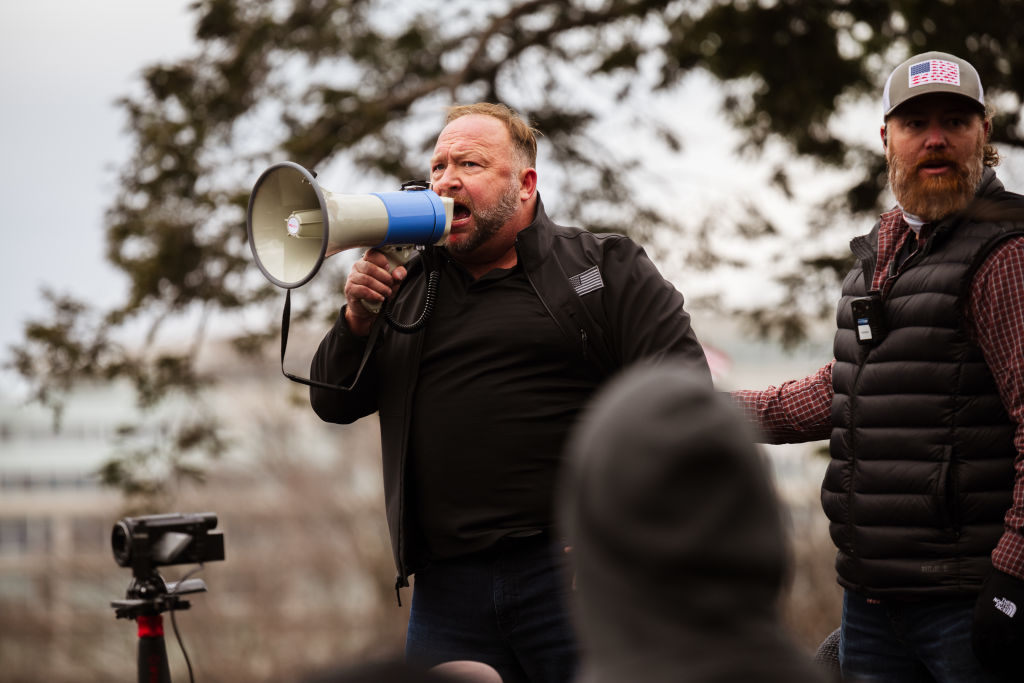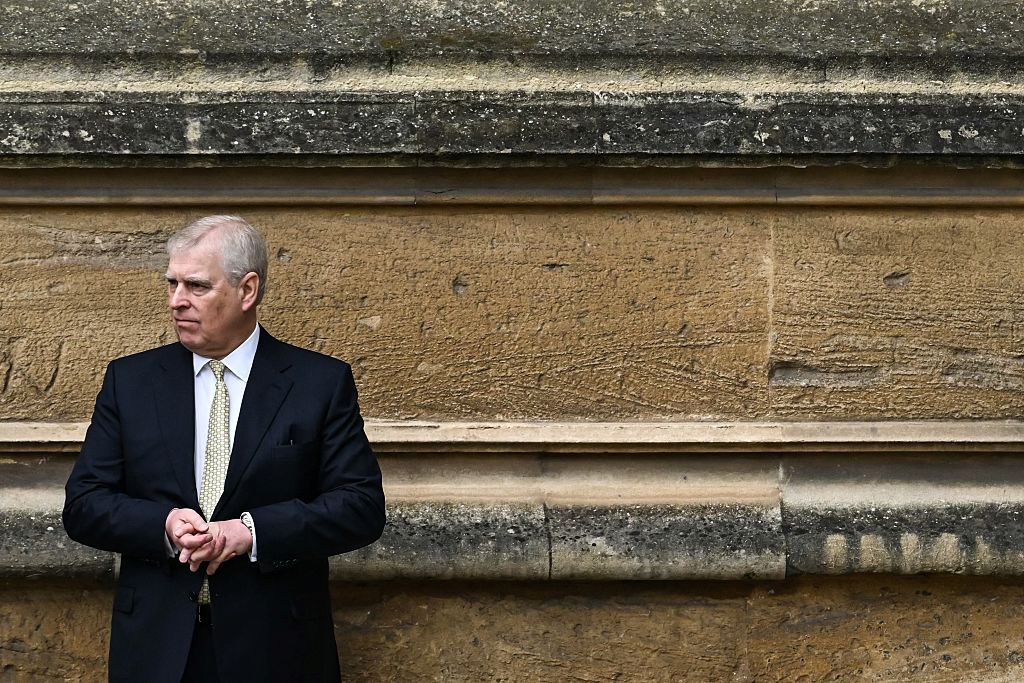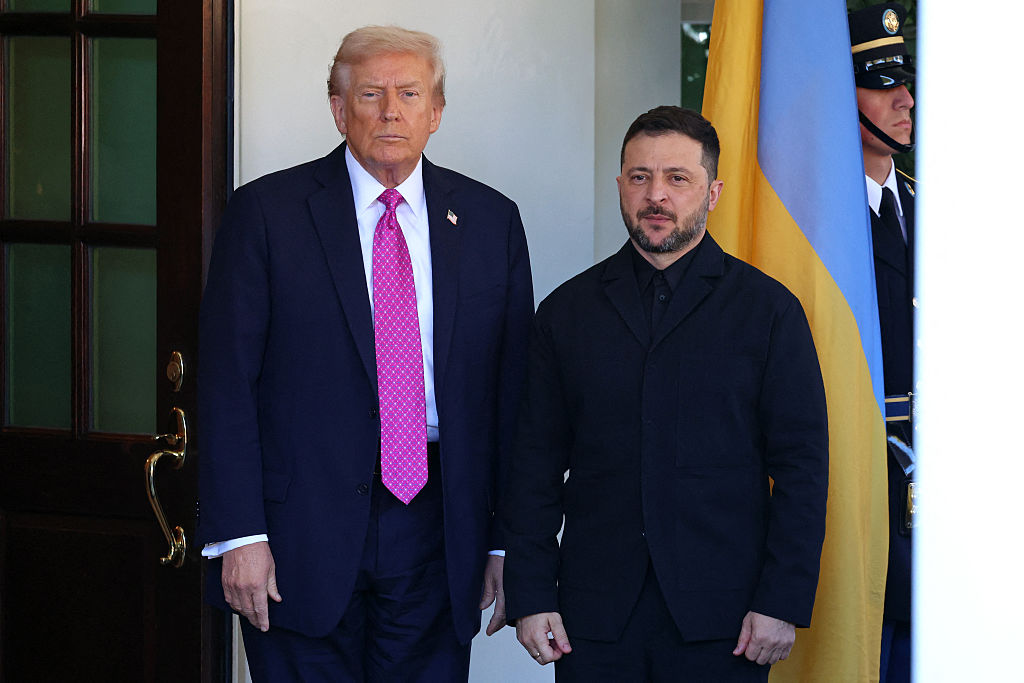There are two ways of looking at the multi-million dollar suit that the Democratic National Committee filed last week in a New York court. One is that any attempt to establish facts in a public court about Russian meddling in the 2016 election is more than welcome. The other is that the case may fail to establish anything in court, because of its overreaching scope and partisan presumption. Accusing as many foreign and domestic actors as possible of being part of what, for lack of a better phrase, amounts to a vast right-wing conspiracy, is the very worst way to go about establishing facts.
Conspiracy is no exaggeration. The list of defendants is extravagant. The Trump team are all there: Paul Manafort, Jared Kushner, Roger Stone, George Papadopoulos, and Donald Trump Jr.. So are Julian Assange and WikiLeaks, along with Russian military intelligence and the Russian Federation itself. The DNC must be aware that Julian Assange has no plans to leave the Ecuadorian Embassy in London, and that London, and foreign embassies in general, are not subject to the jurisdiction of courts in New York. The DNC must also be aware that Russian military intelligence are subject to no jurisdiction at all. When Tom Perez, the DNC chairman, launched the case at a press conference, he might at least have suggested whom among the 144.3m people of the Russian Federation might be persons of interest.
Tom Perez, the DNC’s chairman, has explained how the conspiracy worked to elect Donald Trump:
‘‘During the 2016 presidential campaign, Russia launched an all-out assault on our democracy, and it found a willing and active partner in Donald Trump’s campaign.”
The common aim, in the suit’s words, was ‘destabilizing the U.S. political environment, denigrating the Democratic presidential nominee, and supporting the campaign of Donald J. Trump, whose policies would benefit the Kremlin’.
Like all conspiracy theory, the suit leaps effortlessly from the highly probable to the entirely speculative, and with complete conviction that correlation means causality. There can be little doubt that Russian intelligence sought to disrupt the 2016 election. In January, the Democrats on the Senate Foreign Relations Committee published a report describing Russian interference in nineteen European countries, including a failed coup in Montenegro, the hacking of emails from the German parliament before Germany’s federal elections, the funding of ultranationalist parties, and the pumping of disinformation onto the internet. The objective is to split NATO, weaken the EU, and draw countries and parties into Russia’s orbit. It is less clear, however, whether these ‘active measures’ have determined electoral outcomes, or merely exacerbated the already sour mood of post-2008 Western democracies.
Was Russian intelligence ‘supporting the campaign of Donald Trump’ because his policies would benefit the Kremlin? Or was Russian intelligence trying to make the race as close and bitter as possible? Probably the latter. Russia’s strategy is to weaken the United States at every opportunity. We must also allow for the strong possibility that Russian intelligence, like most professional observers, got it wrong, and expected Hillary Clinton to win.
On the basis of what is publicly known—and Robert Mueller may yet keep some of his findings to himself—it is plausible to see the Trump campaign as having been ‘willing’ to use leaked information. But what kind of ‘partner’ was Trump’s campaign? Certainly not an equal one; more like a junior and rather passive one. We are back to ‘collusion’, which is more of innuendo than a crime. So far, it seems that the Trump campaign might have solicited information in response to Russian overtures, and received information hacked from DNC files. But nothing shows that the Trump campaign was ‘active’ in the sense of commissioning material likely to damage Hillary Clinton’s campaign.
The same cannot be said for Clinton. Via her general counsel Marc Elias, the DNC and the Clinton campaign hired the opposition research firm Fusion GPS to find dirt on Trump, and Fusion GPS hired Christopher Steele, the ex-spy who assembled a dossier of anti-Trump allegations. On current evidence, it is the Clinton campaign that looks like it was a ‘willing and active partner’ with Russian meddlers, with the explicit purpose of ‘denigrating’ a candidate.
The Russians behaved criminally in the 2016 election. Neither the Trump nor the Clinton campaign behaved ethically. The country would benefit from a single enquiry into the whole sorry shambles of the election, rather than the competing partisan enquiries of Robert Mueller and Devin Nunes. The DNC’s case might motivate the Democratic base for the midterms. It will certainly encourage those who hope, foolishly, for a replay of their version of Watergate. But that version, in which the media save democracy from a Republican president, was not the real story of Watergate. The reality, curiously enough, is closer to the story that runs from the 2016 election to the DNC legal case. A spy exploits the media’s credulity, the media cry conspiracy, and the DNC seeks to exploit the result.



